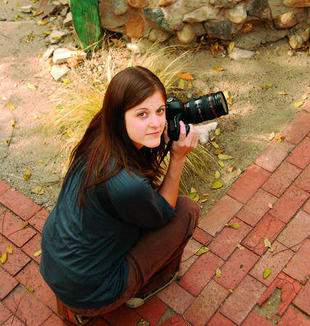In contrast to the laissez faire rhetoric of the gay rights movement, one of the concerns raised has been that ultimately legalizing gay marriage (using the prevalent rationales) will infringe on the civil liberties of those who believe that marriage is between a man and a woman.
With gay marriage proponents on the cusp of total victory, these fears may be starting to be realized. New Mexico recently ruled that a private photography business violated anti-discrimination law by refusing to take photos of a gay commitment ceremony.
I call this a “bait and switch” because it’s clearly not what the majority of Americans signed on for when they got beyond the libertarian rhetoric of the gay rights movement: “85 percent of Americans support the right of the photographer to say no.”

Your comment is provoked by the same-sex marriage setting of the case, but I suggest that’s headline grabbing. So far as I can tell, the case has little or nothing to do with same-sex marriage itself. To give it a proper setting, the law in question was the New Mexico Human Rights Act which, in part, “prohibits a public accommodation from refusing to offer its services to a person based on that person’s sexual orientation”. There might be people (still) arguing that “sexual orientation” is not a proper class for an anti-discrimination statute. But that’s probably a legislative matter and in any event does not seem to be the argument in this case. Rather, the case turns on the question whether photography for hire is more properly thought of as a “public accommodation” (subject to the Act) or as an expressive act (protected by the First Amendment). I suggest that is an interesting and difficult question, worthy of discussion and debate. But not a “same sex marriage” headline grabber.